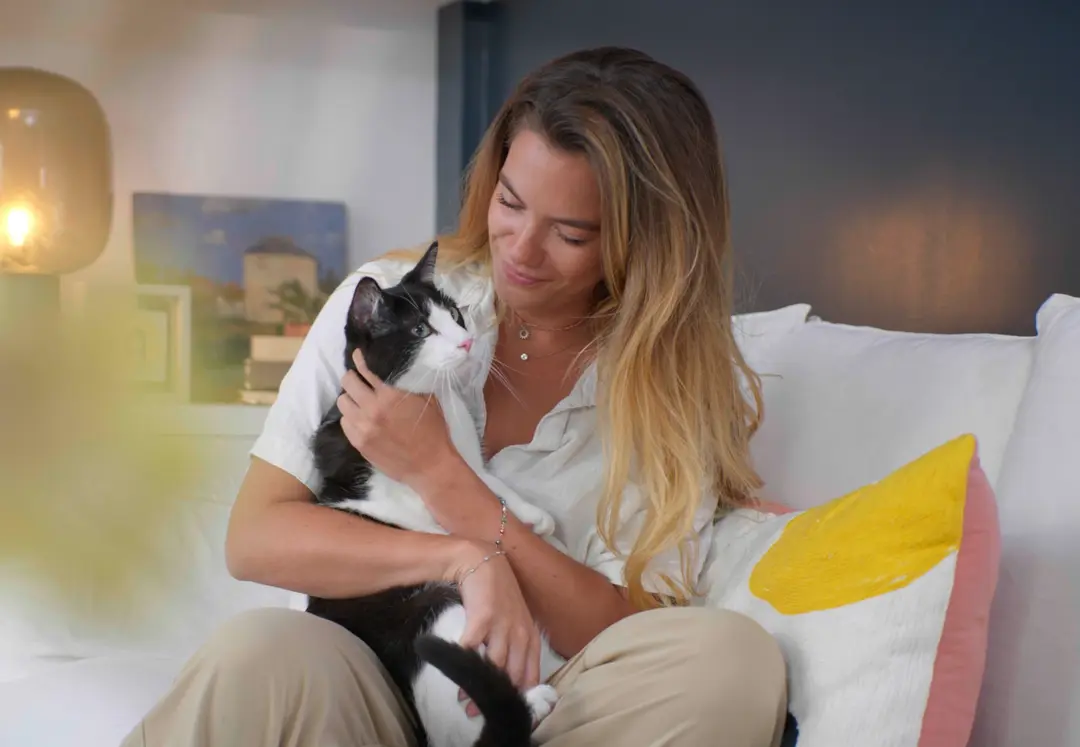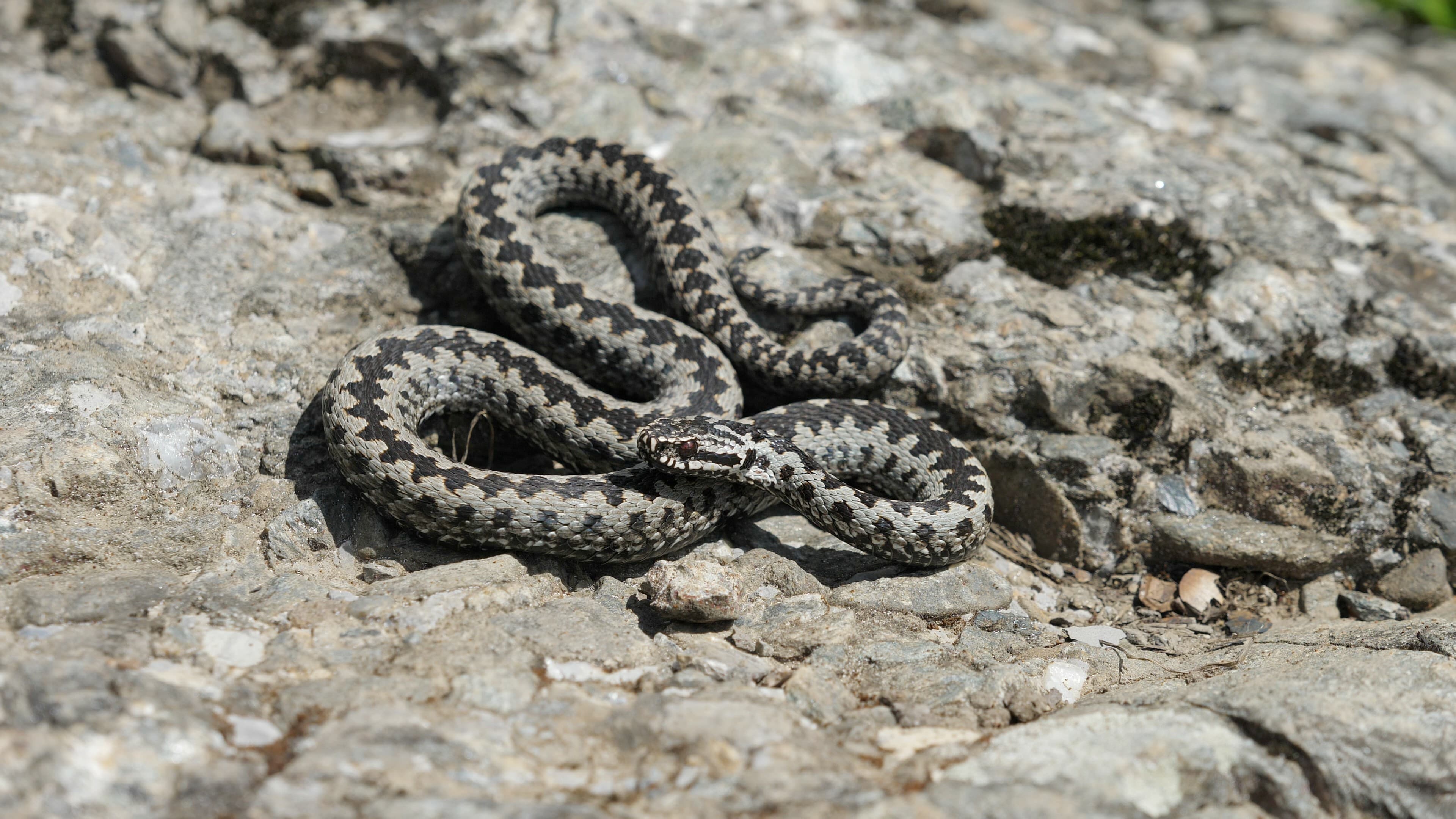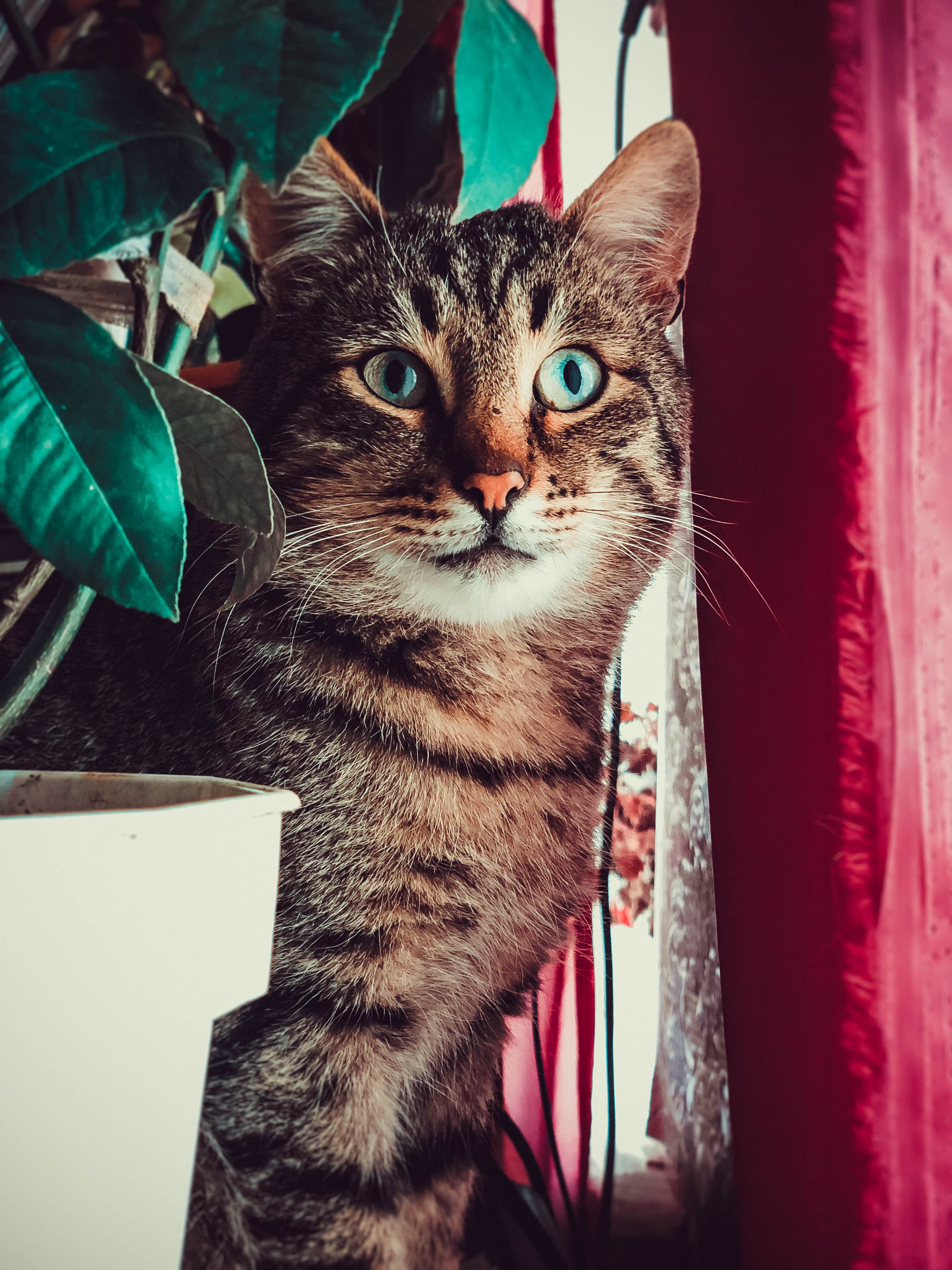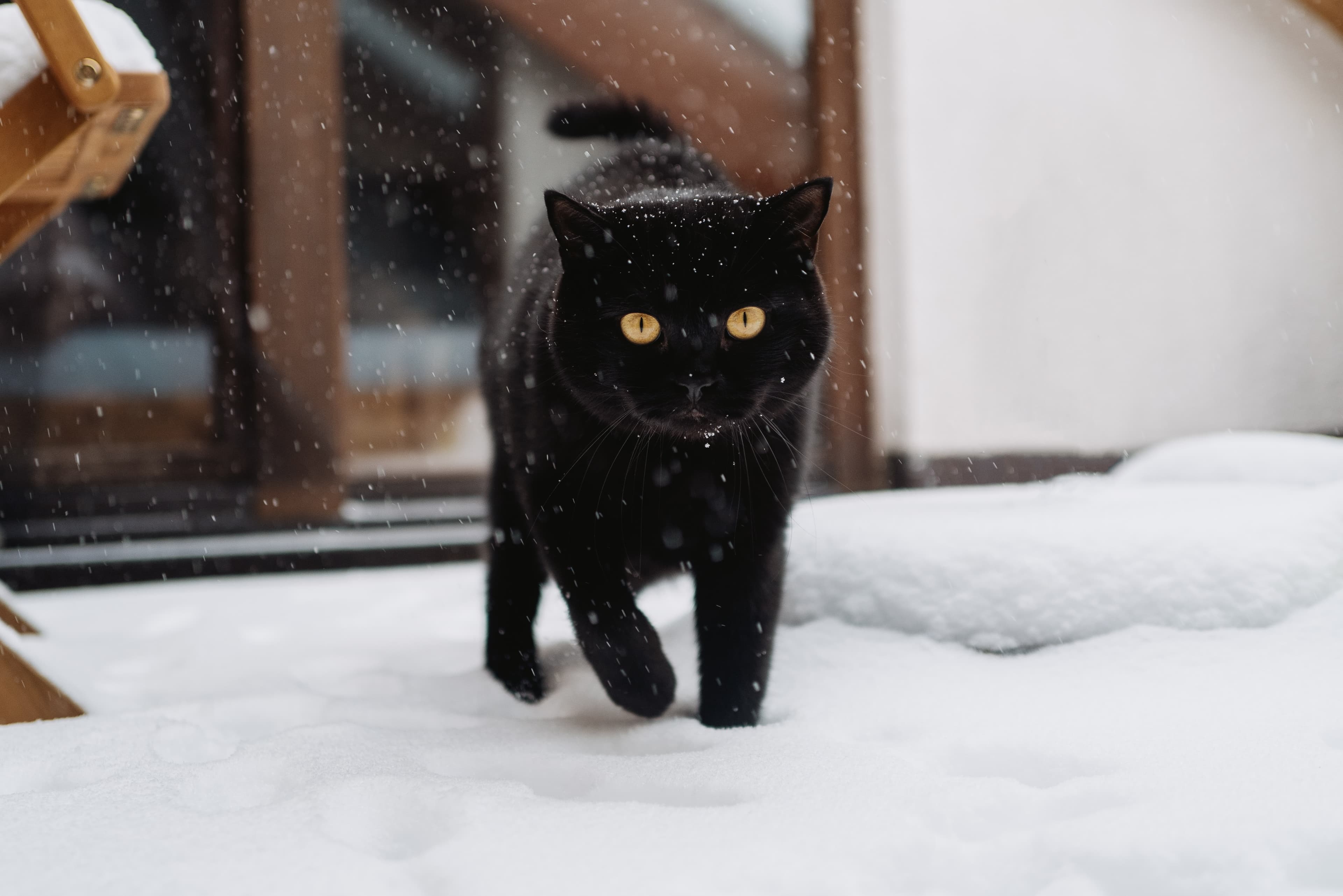Depression in cats
Cats are known for their independent nature, but they're not immune to feelings. Just like us, our feline friends can go through phases of sadness and depression.
What signs might suggest depression?
Cats can't tell us how they're feeling, so we need to watch out for subtle changes in their behaviour and body language.
These signs could indicate depression in your furry friend:
Reduced appetite
Withdrawal and hiding
Sleeping more than usual
Loss of interest in play
Neglecting their grooming
Increased aggression or irritability
What can cause depression in cats?
Understanding why cats might become depressed is the first step to helping them. The reasons can be varied:
Changes to their living environment
The loss of a loved companion (human or animal)
Lack of social interaction or spending long periods alone
Boredom and lack of stimulation (cats are naturally curious and playful)
Changes in health status
What should I do if my cat seems depressed?
Always visit your vet first to rule out any underlying health issues. Conditions like dental pain or stomach problems can sometimes cause symptoms that look like depression.
If your vet rules out physical causes, depression can be considered. Treatment usually involves several steps. Start by trying to enrich your cat's environment with interactive toys and activities, and by spending more quality time together, including cuddles. In some cases, medication or specialist behavioural advice might be beneficial.






